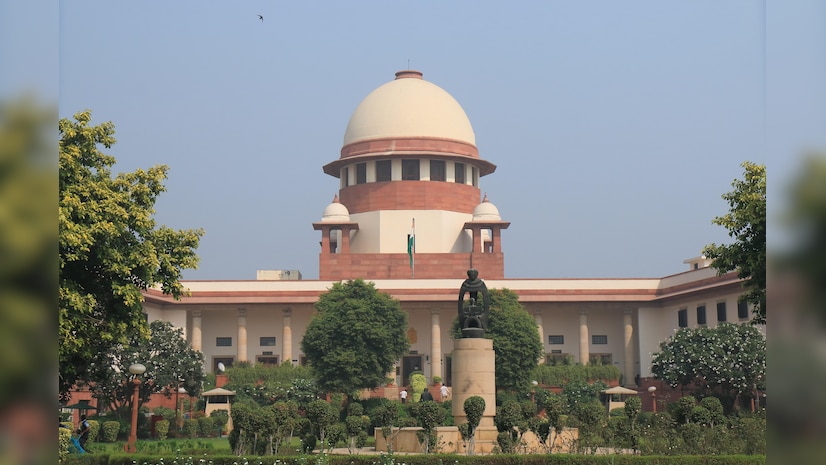Supreme Court Judges to Declare Assets Publicly
Recently, the Supreme Court of India decided that all judges, including the Chief Justice, will publicly declare their assets. This decision follows a recent scandal involving a Delhi High Court judge found with large sums of cash. Historically, judges were not required to disclose their financial information. This new policy marks shift towards transparency and accountability within the judiciary.
Background of Judicial Accountability
The movement towards judicial accountability gained momentum with the 1997 Restatement of Values of Judicial Life. This document serves as an ethical framework for judges, outlining standards for conduct and accountability. It aims to uphold public confidence in the judiciary and ensure that justice is not only done but is also perceived to be done.
Key Principles of the Restatement
The Restatement includes 16 key principles that judges must adhere to. Judges are expected to avoid actions that could undermine public trust. They must maintain impartiality and avoid conflicts of interest, especially concerning family members in the legal profession. Judges are also prohibited from engaging in political activities or expressing political opinions publicly.
Asset Declaration Requirements
Judges are now required to declare their assets to the Chief Justice upon assuming office. Initially, this declaration was confidential. However, in 2009, the Supreme Court allowed for voluntary public disclosures. In 2018, a Constitution Bench ruled that judges’ assets are not private information under the Right to Information Act, reinforcing the push for transparency.
In-House Inquiry Procedures
The Supreme Court has established an in-house procedure to investigate judges who violate the established values. This process allows for accountability without resorting to impeachment, which is a more complex and rigorous procedure. The in-house inquiry aims to address misconduct and maintain the integrity of the judiciary.
Recent Developments and Implications
The recent decision to publicly declare assets reflects a broader commitment to transparency. It is a response to growing public concern about corruption within the judiciary. The full court’s resolution to develop an in-house inquiry procedure has been invoked in various cases, demonstrating its practical application in addressing misconduct among judges.
Historical Context of Judicial Ethics
The evolution of judicial ethics in India has been shaped by various events and legal precedents. The Supreme Court has frequently revisited the in-house inquiry process to adapt to contemporary challenges. These adaptations are essential for maintaining the judiciary’s credibility and public trust.
Month: Current Affairs - April, 2025
Category: Legal & Constitution Current Affairs








